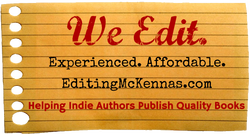Spoiler alert: a stitch in time does not necessarily save nine, going to bed and getting up early are not guaranteed to improve your health, your wisdom, or the girth of your pocketbook, and all roads do not lead to Rome, or even to Rome, GA.
Real Information
I can only hope that most of those 500,000 web scribes are not hoping you’ll take that figure seriously, but I gotta say a lot of them actually do seem to be spouting that quote as though it contained real information. And the more new writers hear that number, the more likely some of them are to believe it’s true. “Let’s see, after I burn my first ten or twelve novels, I’ll be a good enough writer to sell something. Crikey!”
Here’s what I think is true, for what it’s worth: Lots and lots of people’s early work is actually pretty good. It may not be—almost certainly is not—as good as it’s going to get, but not everyone has to write twelve novels worth of crap to learn their craft. They’ve been learning it since the first time they sat through a recitation of The Gingerbread Man at age three.
Hold Me Closer,Tiny Writer
Writers who pay attention may come to notice that they run storyline and narrative and dialog through their heads pretty nearly 24/7. Much of this, like much else humans do, is outside their consciousness, but narrative structure is part of the structure of how we think. That’s one reason we like stories so much.
For those of us who write, this phenomenon is almost like there’s a tiny (very busy!) writer dwelling in our unconscious minds, churning out words at a staggering rate, then rewriting everything until its ready to be made manifest by our conscious minds, and eventually find its way onto screen or paper.
And let’s be honest, what you write at that point may suck pretty hard, even then. And your first novel may suck in its entirety, and your second, etc. But it’s also possible that somewhere along the line of hearing stories, telling yourself stories, reading them, watching them, dreaming them, living in them, and eventually writing them down, you’ll have learned something well before you hit the million written words mark, much less the million bad written words mark. It’s even possible your first novel will be good enough to publish and to find readers.
Better and Better—or Not
When I worked as a book doctor I read a lot of books by writers who had no idea how little they knew about plot, narrative, dialog, or even how to string together a good sentence. It seemed to me that many of these writers thought they were already as good as they needed to be, and for that reason they would probably never get much better.
I also read novels—even first novels—that were the equal of many, many traditionally published books in their genres. I believe these writers are going to write even better books as time goes by.
Empowering Lies
I don’t believe in the truth of the “million bad words” idea. What’s certainly true if I know anything, and you may hold a dissenting opinion on that, is that every time a writer who’s really determined to improve his craft writes a novel, he goes through a lot of words that aren’t as good as the ones in his next book will be. Every time a writer who burns with the desire to be better finishes a so-so short story, her tiny writer is already plotting a better one, and an even better one after that.
So, as a wise teacher once told me, “If the lies you’re telling yourself aren’t working for you, start telling yourself better lies.” Every story is a lie. It's all a pack of lies, and we're in the lying business. Isn't that cool? Abandon the unhelpful lie of the mythical million words, and take up the empowering lie that however many words it takes, from your unconscious writer and the conscious one both, you’re on your way to becoming really, really good at this.

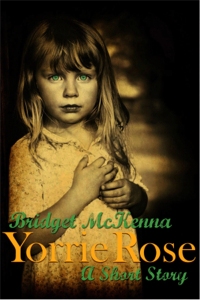
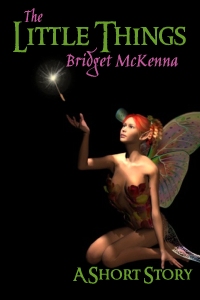
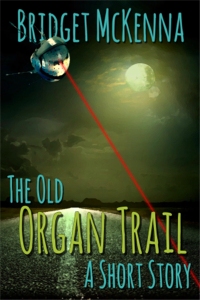






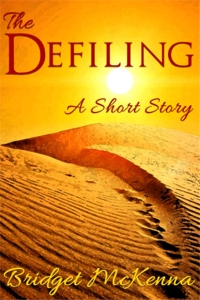

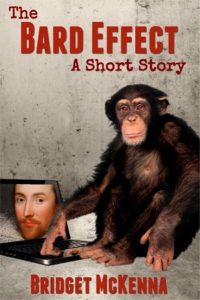
 RSS Feed
RSS Feed

